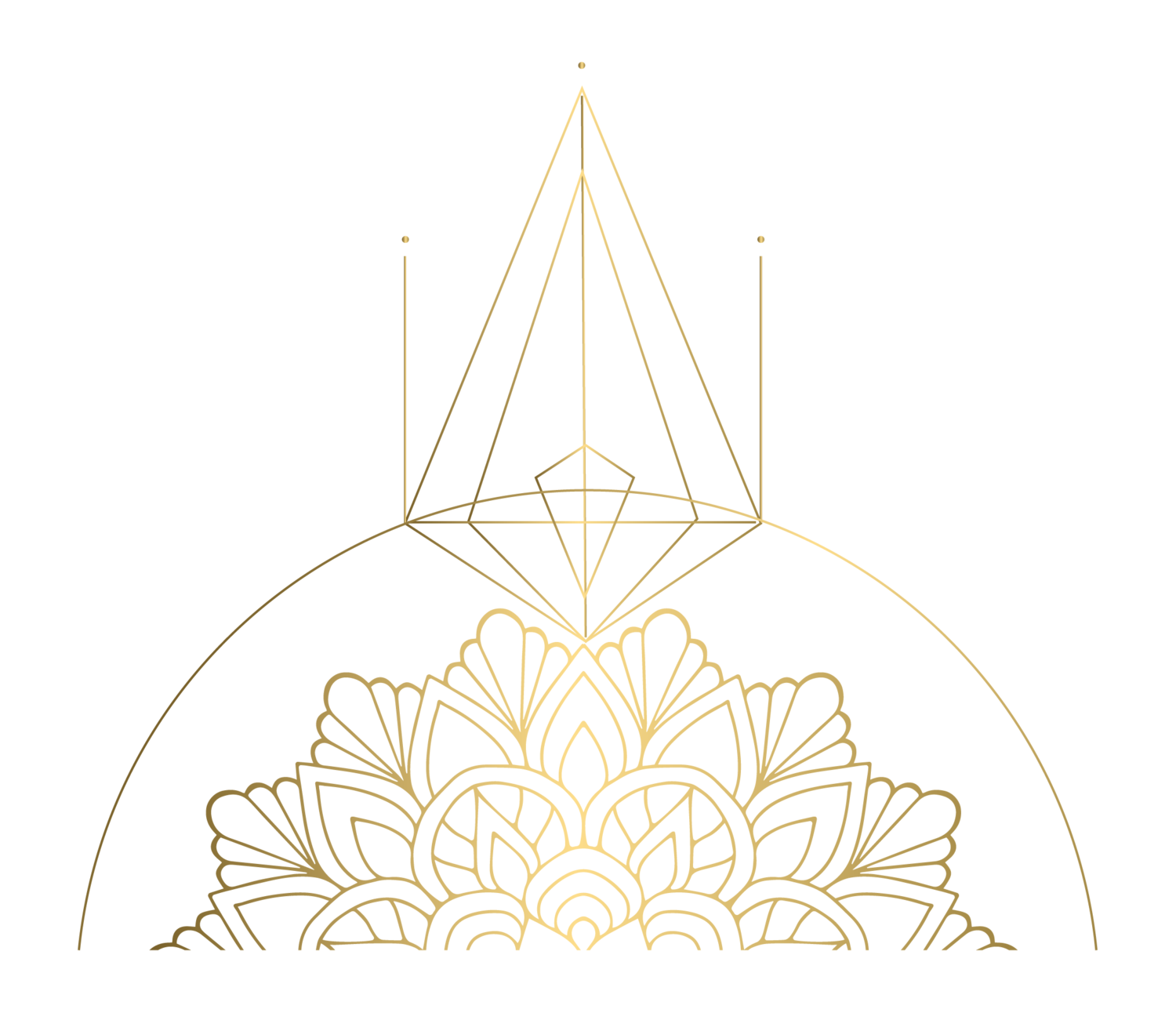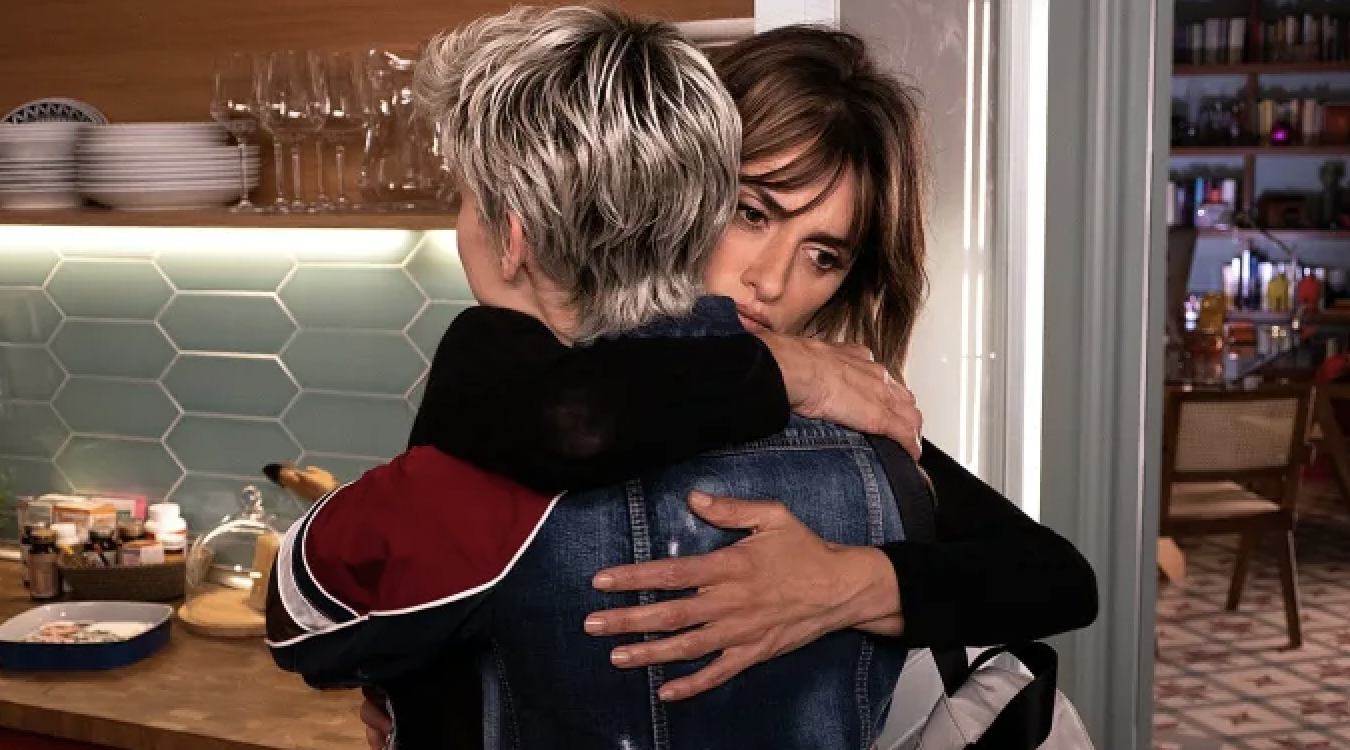I had always known that I was more sensitive to my environments and stimulus than other people. For most of my childhood I had anxiety because I was constantly overstimulated. Our world is not built for people like me!
I’m not only an introvert, empath, but I would also consider myself an HSP. Dr. Elaine Aron has written a series of books about the HSP temperament that I’ve found incredibly helpful. You can take a look at them here.
Other resources that helped me along the way:
Introversion- Quiet by Susan Cain
Empathy- The Empath’s Survival Guide by Dr. Judith Orloff
I had a lot of shame around this because most people don’t think positively of sensitivity. I heard it all the time: You’re too sensitive!
Some of it was gas-lighty, sure, but some other times I knew that my sensitivity could be harmful in my interpersonal relationships and in my relationship with the world, especially in cut-throat environments. In our dealings with people, we don’t want to be oversensitive, even if we are hyper sensitive, if you know what I mean.
As I grew, I started to see how my sensitivity was in fact, a gift. It allowed me a level of awareness in the world that was very rare- most of my bosses could see this and identified it as a strength. One of my former bosses even told me, “everyone can use a spreadsheet. But not that many people can see the world like you do,”. It allowed me a level of perception of people’s motives, of power structures and dynamics that most people missed, and in fact, elevated me in situations when people would seek my consult. My bosses would often ask me, “what do you think?” about people, projects, etc.. even when I was in my early 20’s. In Elaine Aron’s work, she does say that HSP is an adaptive trait in human hierarchy, that it allows HSPs to rise quickly to the top of the social structure because of their abilities to perceive cues in the environment that the rest of the social group misses. Unfortunately, this caused big rifts in my workspaces, because this led to jealousy with my more senior co-workers who were not being asked. My main wish here is that I wasn’t oversensitive to the jealousy and sabotage, in a way that made me not want to contribute my strengths. It mattered more to me then to fit in.
I could also process individual cues faster, not just in environments, but with people. Their very subtle body language, tone, energetic shifts, were things that were not lost on me. Later in life, with the work that I do now in healing, sensitivity is my most dependable resource. That’s how I can detect subtle shifts in the body and in the energy even without seeing the person. A lot of this work rests in subtlety, and the ability to detect nuances is what is able to generate healing on a faster level because it allows me to be precise. Think about it- it’s better to go with the sensitive surgeon because he’s able to cut into very specific areas, whereas an insensitive surgeon wouldn’t be as perceptive and might knick an artery. Would I trade my sensitivity for anything? Now, no. If you asked me a few years ago, well, I tried.
I was in the wrong environments because back then I wasn’t as educated about my temperament. I tried to be like everyone else, but most people are not HSPs. There were even times in my life during which I experienced such desperation to “turn it off” that I went on anti-depressants just to be able to dull it out and be what I thought was more “functional”, which is less sensitive. At that time, I didn’t know that a lot of my anxiety was a result of overstimulation, but it was also a result of unprocessed trauma I wasn’t fully aware I had. It didn’t matter, though, I wanted it to be over with.
Initially, I did feel relief. But then I noticed that my creativity was gone. The way my mind engaged the world was gone. I couldn’t think as clearly. I didn’t feel like myself. I didn’t feel anything at all. I try to look at all things neutrally- I know that medication can help a lot of people, but for me there was a tradeoff, and after some time I realized that I wasn’t willing to sacrifice my sensitivity anymore and instead, learned to work with it.
It’s a double edged sword. I noticed this since I was little, how I was super sensitive even to coffee, or alcohol, or even medications that didn’t affect the majority the way it did for me. I had to be on the lowest micro dosage of everything if I ever needed any. One cup of coffee has me bouncing off the walls. I’ve since realized that my temperament is one that is best without any coffee or substances at all. A glass of wine every once in a while is fine, green tea is fine. It’s best to learn where your limits are so you can find your balance easier.
As I became even MORE sensitive in an energetic way after my spiritual awakening, it made it hard to engage with the outside world. As in, (and most of you who’ve experienced an awakening can testify to) public transportation, crowded spaces, can be really difficult to be in. You might even sense electromagnetic waves more and it could be too much. Sometimes people’s energies were just too much. I couldn’t socialize the same way- being in bars drained the sh** out of me. I couldn’t go out like I used to, I couldn’t be around a ton of people, I couldn’t even socialize in groups sometimes if someone’s energy was off. My sensitivity led to me feeling really isolated. I could tell that some of my friends and partners wanted me to be less of it, and sometimes they even told me- but in all those cases yes I felt bad, but I also knew that developing my sensitivity was key to me and my ability to help people. At one point in my life recently, I realized that I’m putting in the work to develop a healthy ability to manage it, and so the people in my life don’t need to be sensitive themselves, but they need to be understanding and accepting of it. Or at least willing to develop certain tools too.
The process of developing a healthier relationship with my sensitivity and integrate it began with first identifying the trauma around sensitivity. I first decoded what was gaslighting, and what was truly being oversensitive in situations that didn’t warrant it. I started setting boundaries around gaslighting. I started checking in with my intuition more, and then I began distinguishing the two pronged effect of my sensitivity.
One I’ll call harmful sensitivity. Harmful sensitivity is when we take things really personally, even slight remarks. Harmful sensitivity is what causes people around you to feel like they’re walking on eggshells because you might blow up if someone says something they perceive as innocuous even if you don’t. This is a result of the wounded ego- something still hasn’t been fully healed around self-concept, not to mention it’s the ego functioning in an immature way, because it still believes that “all things have to do with me” which is the way that a child’s ego forms initially before it begins to consciously recognize that nothing really is personal. It’s loosely an inability to get outside of oneself to see that other people may be projecting, or working through their own things at that moment, too.
The harmful side can also manifest in taking in criticism. It can really hurt an HSP when someone says something negative, in fact I can find myself ruminating on it all day. It doesn’t slide off my back easier than it would if I were less sensitive. Even if I don’t take it so personally, I can find myself questioning a lot and really feeling the pain and rejection of it.
When HSPs don’t develop good self-regulation and empathy regulation, then they can also go into a state of shock/overstimulation where the nervous system is overactive. This causes burnout, adrenal depletion, and also it makes HSPs get hyper agitated. I’ve noticed in myself and in other HSPs that one of the tell tale signs, or maybe even symptoms of this state is a dependency on caffeine. It’s a chicken or the egg situation, because sometimes caffeine can induce this state as well.
Then there’s resourceful sensitivity, which is the one that allows you to hone in to specifics and environmental cues. This one is a tool- and it actually functions well when there’s a bit of detachment, too. That’s not to say you bypass from it, but you detach from it enough so that it can be an objective tool. The more subjective you become with it, the more it verges on being harmful.
Resourceful sensitivity on a personal level allows you to bounce back quickly. Most of the VERY HSP clients I’ve worked with can take in the work so easily, it’s like they absorb it, and their energy literally integrates it overnight. It takes little recovery time compared to people who aren’t sensitive. I’ve also noticed how I can really take in all information, from classrooms to dance classes. It doesn’t take a lot, I’m processing so many cues at once, so quickly. It also means that I can get over breakups or losses a lot faster than most people because I can feel all the deeper emotions faster. My body even recovers faster from injuries than most people, so it’s happening on all levels. It’s really a miracle, when treated this way.
One caveat here that I find odd, is that on a body level I’m not really that sensitive. As in, it takes me a lot to register pain- and when I was a really little kid and I’d get my blood drawn, the doctors would give me a whole roll of stickers because they said I was the only kid who didn’t cry. I don’t think sensitivity always is the same on physical, emotional, mental levels. And there’s also a lot of mental/emotional toughness too. I do believe that someone who is very sensitive is stronger than most, because I know first hand how tough it is to get around in this world with that level of sensitivity! So, it really is a cause of celebration, and a continual process of working on this for yourself so that you’re at peace with how it functions in your life.

